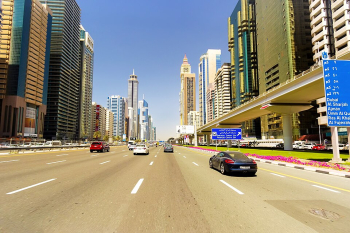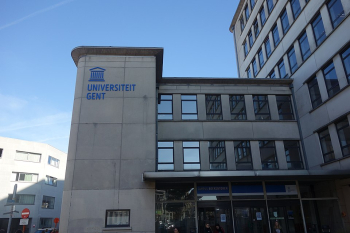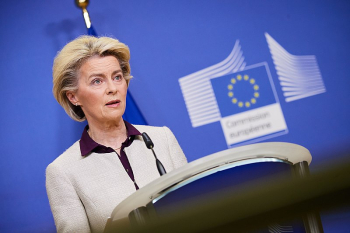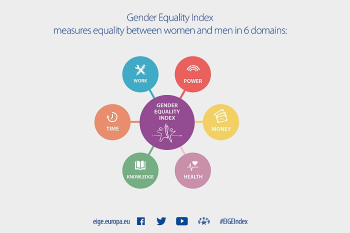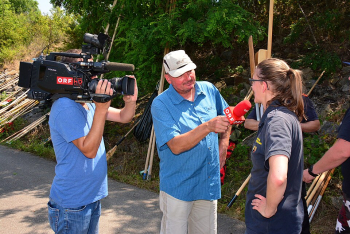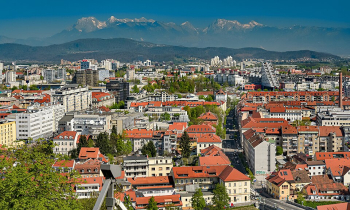
The European Parliament appears poised for a rightward shift, as an analysis commissioned by the European Council on Foreign Relations indicates that anti-European populist
parties are expected to lead the polls in nine EU member states. These parties are projected to secure top positions in countries such as the Netherlands, Belgium, France, and Poland, while achieving second or third place in nine other nations. This potential shift is anticipated to have far-reaching consequences, affecting the balance of power in the parliament and influencing key policy areas.
In the Netherlands, the survey suggests that Geert Wilder's far-right PVV is likely to become the largest party, backed by around 25% of the vote it received in the recent general election. Additionally, Peter Omzigt's NSC is predicted to secure five seats in its inaugural European outing. The upcoming election on June 6 will determine the allocation of 31 MEPs out of the total 720 seats in the European Parliament. Currently without any MEPs, the PVV lost its sole representative to the far-right Forum voor Democratie.
The European Council on Foreign Relations warns of the possibility of a coalition dominated by the "populist right," potentially giving rise to a majority for the first time. This shift could result in substantial gains for groups like the Identity and Democracy (ID) and the European Conservatives and Reformists (ECR), significantly altering the parliamentary landscape. The outcomes might also have profound implications for the EU's policy agenda, affecting initiatives such as the European Green Deal, support for Ukraine, and the enforcement of the rule of law within the bloc.
Furthermore, the analysis suggests that the combined PvdA-Groen Links list may not perform as well in the European Parliament election as it did in the recent national election, raising questions about the viability of this political alliance going forward.
Malik Azmani, campaign leader of the VVD, currently the largest Dutch party in Europe, has expressed concern about the prospect of a European Parliament with the far right in a dominant position. He emphasized that the far-right aims to weaken rather than strengthen the European project. Azmani, who decided not to vie for the leadership of the Renew group in the European Parliament due to ongoing coalition talks with the PVV, stressed the tangible threat posed by the far right.
As the June 6 election approaches, it is crucial for all European nationals in the Netherlands to exercise their voting rights. However, non-Dutch residents must register with their local authority to participate. Concerns have been raised about voter registration, as in 2019, only 12% of the 490,000 EU nationals in the Netherlands registered. Authorities are urged to provide adequate information to ensure broader participation, with the registration deadline set for April 23.

